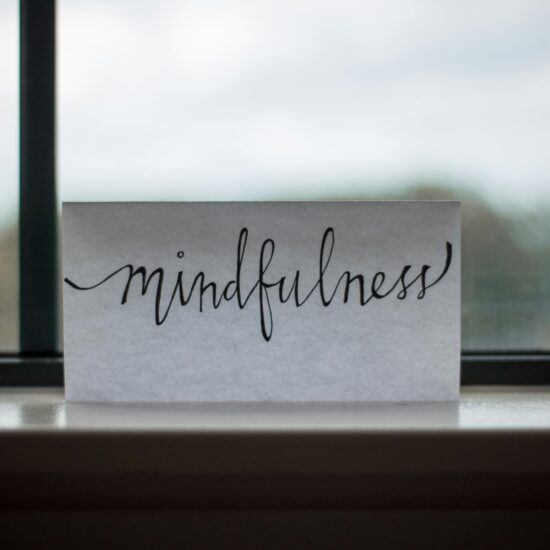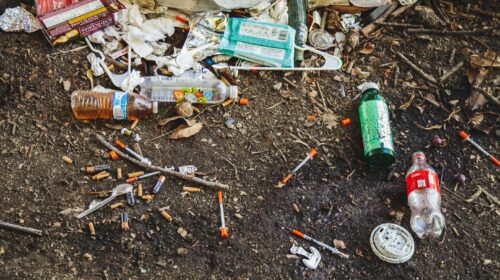Beginning the journey to sobriety is a decision that requires commitment, strength, and a supportive environment. While much of the focus tends to be on personal habits, an often-overlooked factor is the impact of relationships on recovery. Toxic people can derail your progress and make it a lot more difficult to stay sober. Let’s explore how to identify toxic relationships and introduce strategies for distancing yourself from these people while focusing on your recovery.
Recognizing Toxic Relationships
Toxic relationships are characterized by negativity, manipulation, and a lack of support. These individuals might be friends, family members, or colleagues who undermine your efforts to stay sober, whether intentionally or unintentionally. Some signs of toxic behavior may include:
- Constant Criticism: Instead of offering encouragement, toxic individuals may belittle your progress or make you feel guilty for trying to change.
- Enabling Behavior: Some people may unknowingly enable your addiction by encouraging unhealthy behaviors or normalizing substance use.
- Drama and Instability: Relationships filled with chaos and drama can trigger stress and cravings, making sobriety feel even more challenging.
Being aware of these signs allows you to make informed decisions about who you surround yourself with.
The Impact of Toxic Relationships on Recovery
Surrounding yourself with negativity can lead to feelings of self-doubt, stress, and most importantly, relapse. When you’re trying to build a healthier lifestyle, being around people who engage in substance use or who don’t support your choices can be damaging to your well being. Recovery requires a strong foundation, and toxic relationships can destroy that foundation, making it harder to stay focused on your goals.
The Emotional Toll
The emotional and psychological toll of toxic relationships can manifest in various ways. You may experience increased anxiety, depression, or a sense of isolation. These feelings can trigger old habits and make it difficult to stay committed to your sobriety goals.
Strategies for Distancing Yourself from Toxic Individuals
- Identify: Start by assessing your relationships. Who makes you feel worse about yourself? Who encourages old habits? Make a list of people who are supportive and those who are not.
- Set Boundaries: Once you’ve identified toxic individuals, it’s crucial to set firm boundaries. This could mean limiting interactions or being upfront about your sobriety goals.
- Seek Support: Surround yourself with people who provide you with the encouragement and accountability you need to stay sober.
- Self-Care: Prioritize your mental and emotional health. Engage in self-care practices like meditation, journaling, or therapy.
- Limit Social Media: In today’s world, social media can serve as a ground for toxic interactions. If certain individuals share negative content or promote unhealthy behaviors online, consider unfollowing or muting them. Curate your feed to include uplifting, supportive accounts that align with your recovery goals. Limiting exposure to negativity online can help reinforce your commitment to sobriety.
- Prepare for Resistance: Toxic people may resist your efforts to change. Stay firm in your decisions, and remember that prioritizing your sobriety is the most important commitment you can make to yourself.
Moving Forward
Choosing to distance yourself from toxic people is not always easy, but it is a necessary step in your journey to sobriety. It may involve difficult conversations or even heartbreak, but the benefits far outweigh the temporary discomfort. By surrounding yourself with positive influences and focusing on your recovery, you’ll build a stronger, healthier foundation for your new life.
Remember, recovery is a journey, and you deserve to be surrounded by people who uplift and support you. Embrace the change, seek out positivity, and watch as your life transforms for the better. Your path to sobriety is yours, and you have every right to choose who walks alongside you on this important journey.





